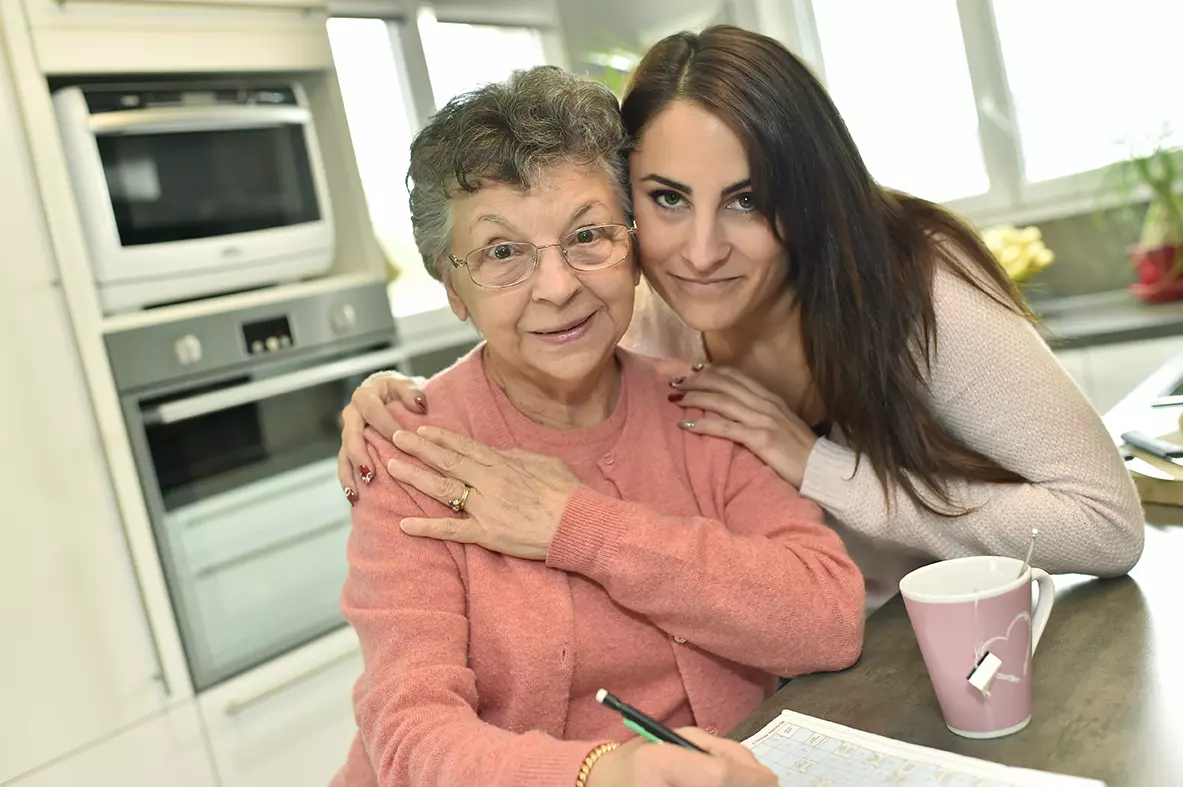
Alzheimer's disease is a relentless neurodegenerative condition that affects millions of people worldwide, robbing them of their memories and cognitive abilities. While there is no cure for Alzheimer's, ongoing research has uncovered promising approaches to alleviate some of its symptoms and potentially slow down its progression. One such method that has gained attention is light therapy. In this article, we'll delve into the fascinating realm of light therapy and its potential to make a difference in the lives of Alzheimer's patients.
Understanding Alzheimer's disease:
Before delving into light therapy, it's crucial to grasp the basics of Alzheimer's disease. Alzheimer's is characterized by the accumulation of abnormal protein deposits, such as beta-amyloid plaques and tau tangles, in the brain. These deposits disrupt communication between brain cells and lead to cognitive decline, memory loss, and behavioral changes.
The role of light in Alzheimer's therapy:
Light therapy, also known as phototherapy or bright light therapy, involves the controlled exposure of individuals to specific types of light to address various health issues. In the context of Alzheimer's disease, light therapy primarily focuses on two aspects:
Circadian rhythm regulation:
Alzheimer's patients often experience disturbances in their circadian rhythms, leading to sleep disturbances and sundowning (increased confusion and agitation in the late afternoon and evening). Exposure to bright, natural light in the morning can help reset the circadian clock, improve sleep quality, and reduce behavioral symptoms.
Stimulating brain activity:
Light therapy may also stimulate brain activity and improve cognitive function in Alzheimer's patients. Research suggests that exposure to certain wavelengths of light can enhance memory, attention, and mood, potentially slowing down the cognitive decline associated with the disease.
The science behind light therapy:
Circadian rhythm regulation:
Bright light exposure in the morning helps suppress the production of melatonin, the hormone responsible for inducing sleepiness. By synchronizing the circadian rhythm, Alzheimer's patients can enjoy better sleep patterns, leading to improved daytime alertness and reduced agitation.
Stimulating brain activity:
Certain wavelengths of light, particularly in the blue and green spectrum, have been shown to activate specific brain regions associated with memory and cognition. When applied strategically, light therapy can enhance cognitive function and potentially slow down the progression of Alzheimer's.
Practical applications of light therapy:
Light boxes:
Light boxes emit bright, natural light and are often used in the morning to regulate circadian rhythms. Patients can sit in front of these boxes for a specified duration each day.
Dawn simulators:
These devices gradually increase light intensity in the morning, simulating a natural sunrise. Dawn simulators are especially useful for individuals who have trouble waking up.
Light glasses:
Wearable light glasses provide portability and convenience. They allow patients to receive light therapy while engaging in daily activities.
Tailored light protocols:
Researchers are working on developing customized light therapy protocols that consider the individual needs and preferences of Alzheimer's patients.
Challenges and future directions:
While light therapy shows promise, it is not a one-size-fits-all solution for Alzheimer's disease. Factors such as the stage of the disease, the patient's overall health, and individual responses to light therapy need to be considered. Researchers continue to explore optimal protocols and further investigate the long-term effects of light therapy in Alzheimer's management.
Light therapy offers a ray of hope in the challenging landscape of Alzheimer's disease. By addressing sleep disturbances, improving circadian rhythms, and potentially enhancing cognitive function, light therapy has the potential to make a meaningful impact on the quality of life for Alzheimer's patients and their caregivers.
Comparison of Light Therapy Devices for Alzheimer's Patients
| Device Type | Function | Best Use Case |
|---|---|---|
| Light Boxes | Emit bright artificial light to mimic natural sunlight, typically used in the morning. | Ideal for patients with severe sleep disturbances and sundowning symptoms. |
| Dawn Simulators | Gradually increase light intensity in the morning to simulate a sunrise. | Best for individuals with difficulty waking up or maintaining a consistent sleep schedule. |
| Light Glasses | Wearable devices that provide portable light therapy exposure. | Suitable for active individuals who prefer mobility during therapy sessions. |
| Tailored Light Protocols | Customized light therapy treatments are developed based on patient-specific needs. | Beneficial for advanced-stage Alzheimer’s patients with varying response levels. |
While it may not provide a cure, it represents a valuable tool in the multifaceted approach to managing this complex condition.
As research continues to evolve, so too does the potential for light therapy to become an integral part of Alzheimer's care.
Frequently Asked Questions (FAQ)
1. How does light therapy help Alzheimer's patients?
Light therapy regulates sleep patterns, reduces agitation, and may improve cognitive function by exposing patients to specific light wavelengths.
2. Can light therapy stop Alzheimer’s disease from progressing?
No, but it may slow cognitive decline and enhance quality of life by improving sleep and mood.
3. What type of light is used in therapy?
Bright white, blue, and green light are commonly used to stimulate brain activity and regulate circadian rhythms.
4. When should Alzheimer’s patients use light therapy?
Morning sessions (30–60 minutes) are most effective in regulating circadian rhythms and reducing sundowning.
5. Are there any side effects?
Side effects are rare but may include headaches, eye strain, or difficulty falling asleep if used too late in the day.
6. Can light therapy replace medication for Alzheimer's?
No, but it serves as a complementary therapy to improve symptoms alongside medical treatments.
7. How long does it take to see benefits?
Some patients notice improvements within a few weeks, while others may take longer.
8. Is light therapy safe for all Alzheimer’s patients?
Yes, but consultation with a healthcare provider is recommended, especially for patients with eye conditions.
9. What is the best light therapy device for home use?
Light boxes and dawn simulators are commonly recommended for home therapy.
10. Where can I get light therapy treatment?
Light therapy can be done at home using recommended devices or in specialized clinics with professional supervision.
We are here to help you choose a care home or facility best suited to your needs. Do not hesitate to contact us at the following number: 0230 608 0055 or fill out this form.
Do you need a care home or Alzheimer's care facility for yourself or your loved one?
Share this article :
Latest posts
You are looking for an establishment for your loved one ?
Get availability & prices
Fill in this form and receive
all the essential information
We would like to inform you of the existence of the opposition list for telephone canvassing.











